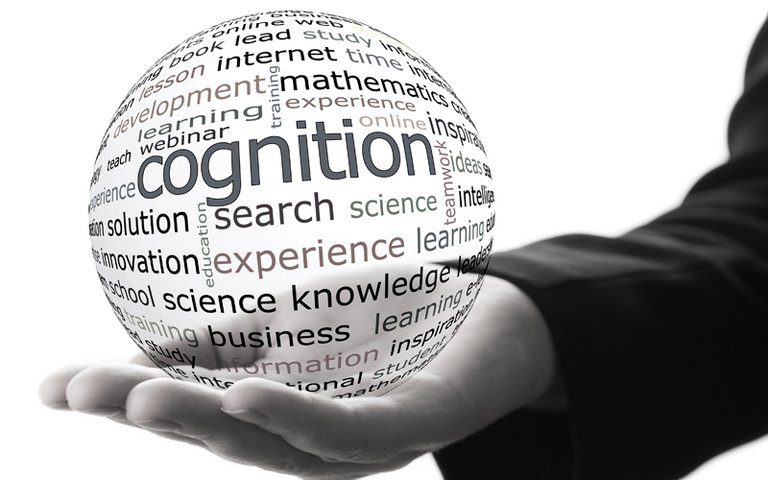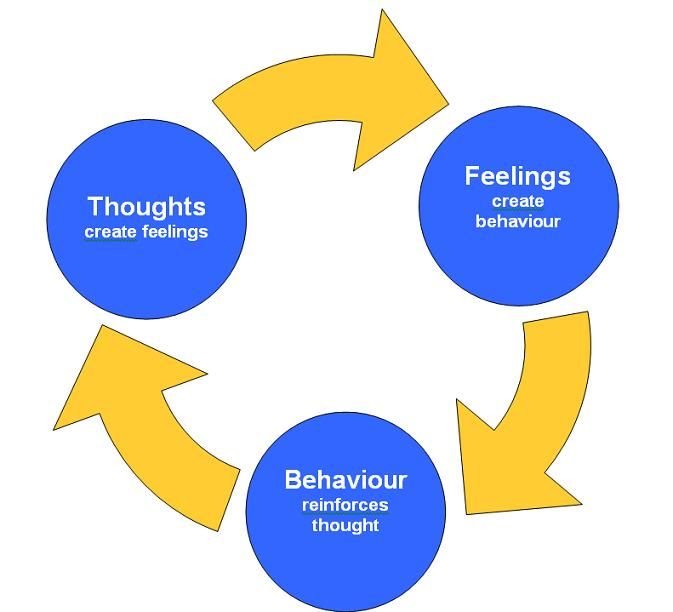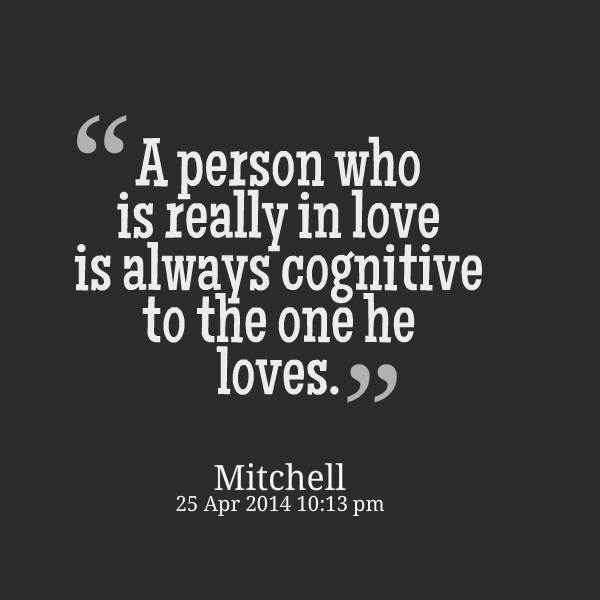Automatic & Controlled Cognition

Image Source
When we have come up an arrangement of schemas and attitudes, we actually utilize that data to enable us to judge and respond to others. Our desires enable us to consider, size up, and comprehend people, groups of individuals, and the connections among individuals. On the off chance that we have learned, for instance, that somebody is neighborly and inspired by us, we are probably going to approach them; on the off chance that we have discovered that they are undermining or unlikable, we will probably withdraw. And on the off chance that we trust that a man has carried out a wrongdoing, we may handle new data in a way that persuades us that our judgment was right.
Automatic cognition alludes to thinking that happens out of our awareness, rapidly, and without requiring much exertion. The things that we do most as often as possible have a tendency to end up plainly more automatic each time we do them, until the point that they achieve a level where they don't generally expect us to consider them in particular. The greater part of us can ride a bicycle and uses a TV remote control in an automatic way. Despite the fact that it took some work to do these things when we were first learning them, it simply doesn't require much exertion any longer.
And in light of the fact that we invest a great deal of energy making judgments about others, huge numbers of these judgments are made automatically. Since automatic thinking happens outside of our conscious awareness, we much of the time have no clue that it is happening and affecting our judgments or behaviors. You may recollect a period when you returned from your classes, opened the way to your apartment, and after 30 seconds couldn't recall where you had put your keys! You are certain that you use the key to get in, and you know that you must have place it somewhere, yet you essentially don't recall a thing about it.

Image Source
Since a significant number of our ordinary judgments and behaviors are performed on automatic, we may not generally know that they are happening or affecting us. It is obviously something to be thankful for that numerous things work automatically on the grounds that it would be a genuine agony to need to consider them constantly. On the off chance that you couldn't drive a car automatically, you wouldn't have the capacity to converse with the other individuals riding with you or tune in to the radio while driving, you must be putting a large portion of your concentration into driving.
Then again, depending on our snap judgments about Ella that she's probably going to be expressive, for example, can be wrong. Now and then we have to and ought to go past automatic cognition and consider individuals all the more precisely. When we intentionally size up and consider something for example someone else, we call it thoughtful cognition or controlled cognition.
Despite the fact that you may surmise that controlled cognition would be more typical and that automatic thinking would be more outlandish, that is not generally the situation. The issue is that thinking takes exertion and time, and we regularly have relatively little of those things accessible. Accordingly, we every now and again depend on automatic cognition, and these procedures acting outside of our awareness bigly affect our behaviors.

Image Source

nice post
Thanks
nice post...share more like this
Thanks
Good work, please more of this
I recently started following you, and your posts are awesome :) keep it up! @ronaldmcatee
Glad you like my post